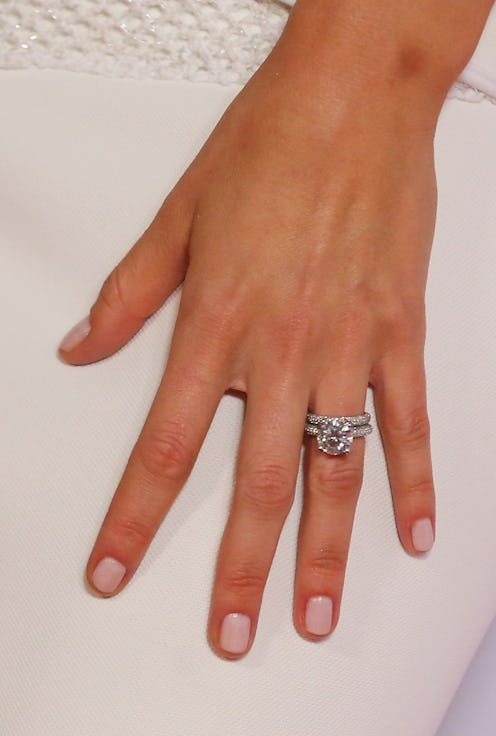We’ve already talked about the economics of engagement rings — but have we talked about how much of a scam diamond engagement rings are in particular? No? Let’s do that. Because DeBeers? You’ve got some ‘splaining to do.
The diamond engagement ring scam has been written about before, most notably by The Atlantic in 1982; but for those of you less familiar with the issue, College Humor has you covered. In their new edition of “Adam Ruins Life’s Greatest Pleasures,” comedian Adam Conover gives us the lowdown on exactly why you shouldn’t blow several months' salary on an essentially worthless rock. Fun!
The tradition of the diamond engagement ring hasn’t been around as long as most of us think it has. In fact, it’s less than 80 years old. Heck, my grandparents are older than this extremely questionable “tradition!” So what’s the deal? In the late ‘30s, the DeBeers diamond cartel — that’s right, DeBeers is a cartel, not just a jewelry store — launched an ad campaign selling these shiny, sparkly pieces of carbon as a symbol of everlasting love. Somewhat stupidly, we bought it, and the rest, as they say…
Watch the whole thing here. Just be aware: If you’ve always dreamed of the day your dream dude or gal slips a diamond on your finger, your fantasies are probably about to be crushed. Don’t say I didn’t warn you:
And there you have it.
Of course, the engagement ring scam isn’t the only problem with the diamond trade; there are all kinds of ethical issues involved with it (hey there, Blood Diamond). I’ll admit that engagement or wedding rings can be an important social cue — it lets you know who you can hit on and who you should probably steer clear of. But hey, if you or your honey are totally into the idea of an engagement ring, why not go for a different stone? Not only will it be less ugh-ifying, but even better, it’ll be more unique.
